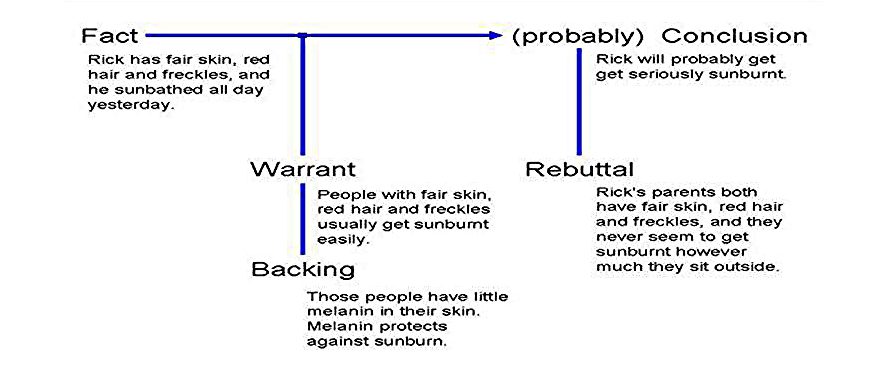Argument – Argumentation
What is Argument? Argumentation? Argument is an iterative process that informs humankind’s search for meaning. Argument vs Persuasion The terms argument and persuasion may be used synonymously, yet subject matter experts in Writing Studies typically draw distinctions: Related Concepts: Evidence; Persuasion; Rhetorical Analysis; Rhetorical Reasoning 3 Types of Argument Arguments come in all shapes and ...









